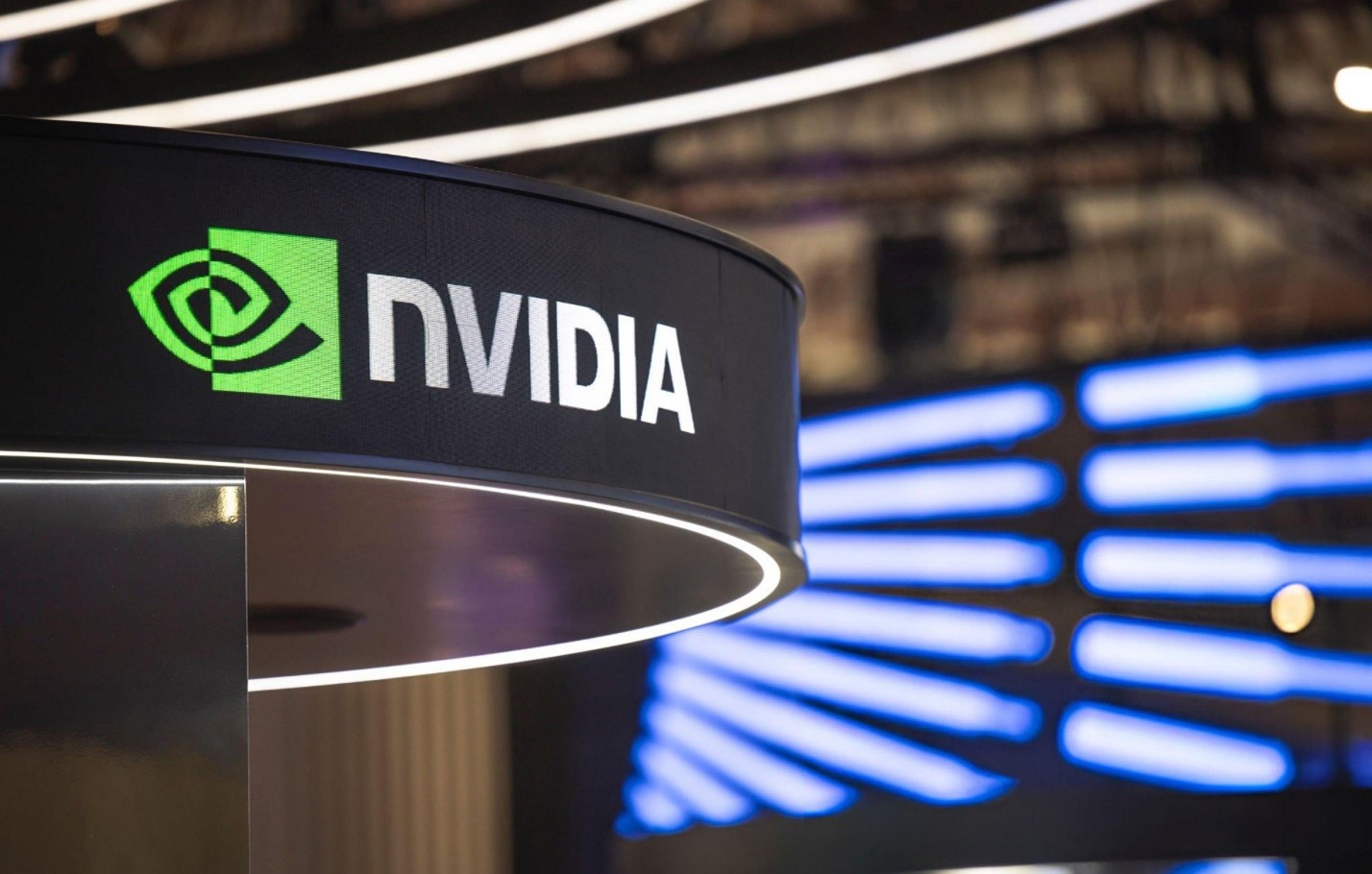US stocks fell sharply on Wednesday after chipmaker Nvidia issued a sobering warning that export controls on its advanced AI chips to China could cost the company billions, sending shockwaves through global markets.
Nvidia revealed late on Tuesday that it anticipates a $5.5 billion (£4.2 billion) blow due to a new US government rule requiring a licence to export its H20 AI chip to China and Hong Kong. The company confirmed that the export restriction would remain in place “for the indefinite future,” adding uncertainty to an already volatile geopolitical climate.
The technology-focused Nasdaq index plunged nearly 2% in early trading, dragged lower by a 7% drop in Nvidia shares. The S&P 500 fell by around 1.2%, while the Dow Jones Industrial Average dipped 0.5% by the time European markets closed. The sell-off reflected broader concerns that rising tensions between Washington and Beijing could disrupt tech supply chains and weigh on global growth.
London’s FTSE 100 index also started the day in retreat, mirroring global sentiment. However, the index recovered as the afternoon wore on, buoyed by strength in energy and mining stocks. It closed up 26.48 points, or 0.32%, at 8,275.6.
Germany’s Dax also staged a modest afternoon recovery, ending the session 0.27% higher, while France’s Cac 40 dipped slightly by 0.07%.
Russ Mould, investment director at AJ Bell, said the latest developments in the US-China trade saga mark “a new chapter in the escalating tit-for-tat between Washington and Beijing.” He warned that even upbeat Chinese economic data may be overshadowed by the deteriorating diplomatic relationship, particularly as global investors become increasingly wary of long-term consequences.
Nvidia’s announcement follows a series of trade restrictions imposed by the US aimed at curbing China’s access to cutting-edge technologies. While these moves have been framed as a matter of national security, they have also sparked fears of retaliation from Beijing, which could impact a wide range of sectors.
Energy markets offered a bright spot in otherwise gloomy conditions. Brent crude prices climbed 1.6% to $65.70 a barrel, driven by optimism over global demand and supply constraints. The uptick in oil prices lent support to heavyweight FTSE names like Shell, which gained 63p to close at 2,434.5p.
The pound was modestly higher against the US dollar, up 0.1% to 1.324, but slipped 0.8% against the euro to 1.164.
In UK corporate news, Bunzl delivered a major shock to the FTSE 100, with its shares tumbling nearly 26% following a trading update that revealed a “significant decline” in adjusted operating profit. The distributor, which earns much of its revenue from North America, cited a “more uncertain macro environment” tied to the new wave of US tariffs. Shares in Bunzl finished the day down 788p at 2,290p.
The company said it would ramp up cost-cutting efforts to counteract the pressure on margins and was reassessing its outlook amid growing economic headwinds.
Elsewhere, Barratt Redrow, Britain’s largest housebuilder, reported a 10% fall in forward home sales compared with the same period last year. Nevertheless, it maintained its guidance to complete between 16,800 and 17,200 homes this year. Investors responded positively to the reassurance, and the firm’s shares rose 2.6% to 438.6p.
Among the FTSE 100’s top performers were Endeavour Mining, up 132p to 2,184p, AB Foods, which rose 55p to 2,159p, and Admiral Group, gaining 78p to 3,258p.
Other notable fallers included Diploma, down 136p to 3,824p, Intermediate Capital, off 60p to 1,756p, and Informa, which slipped 23.6p to close at 691.4p.
The markets remain on edge as investors weigh the long-term implications of geopolitical rivalries, inflationary pressures, and volatile earnings. For now, the shadow cast by Washington’s tightening grip on high-tech exports continues to loom large over global equities.






